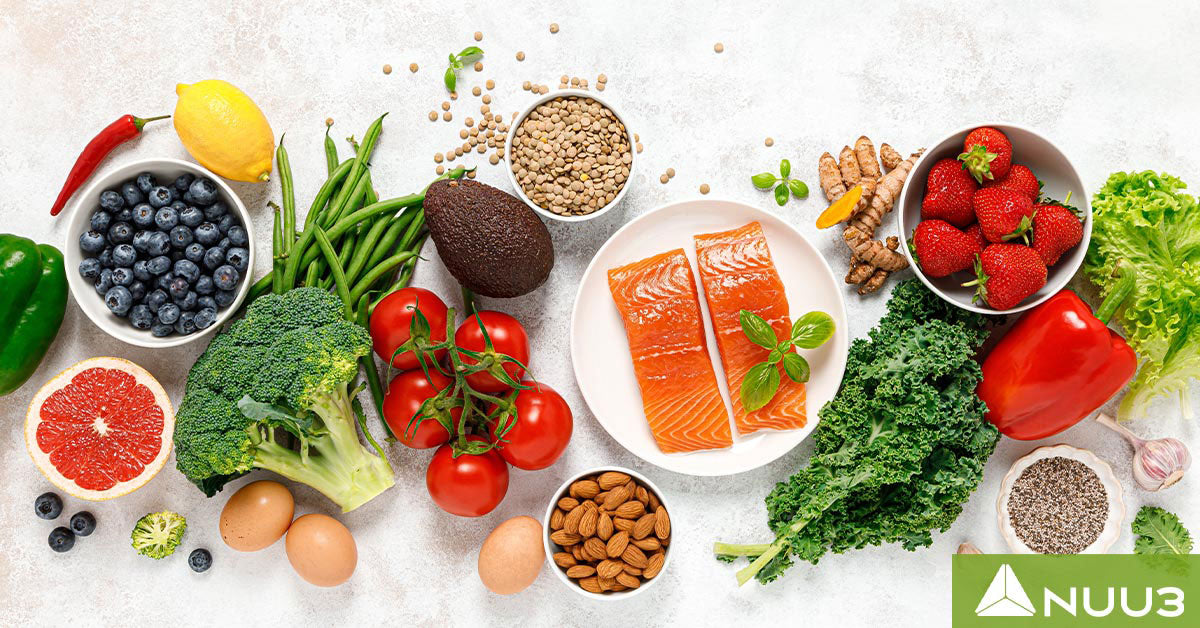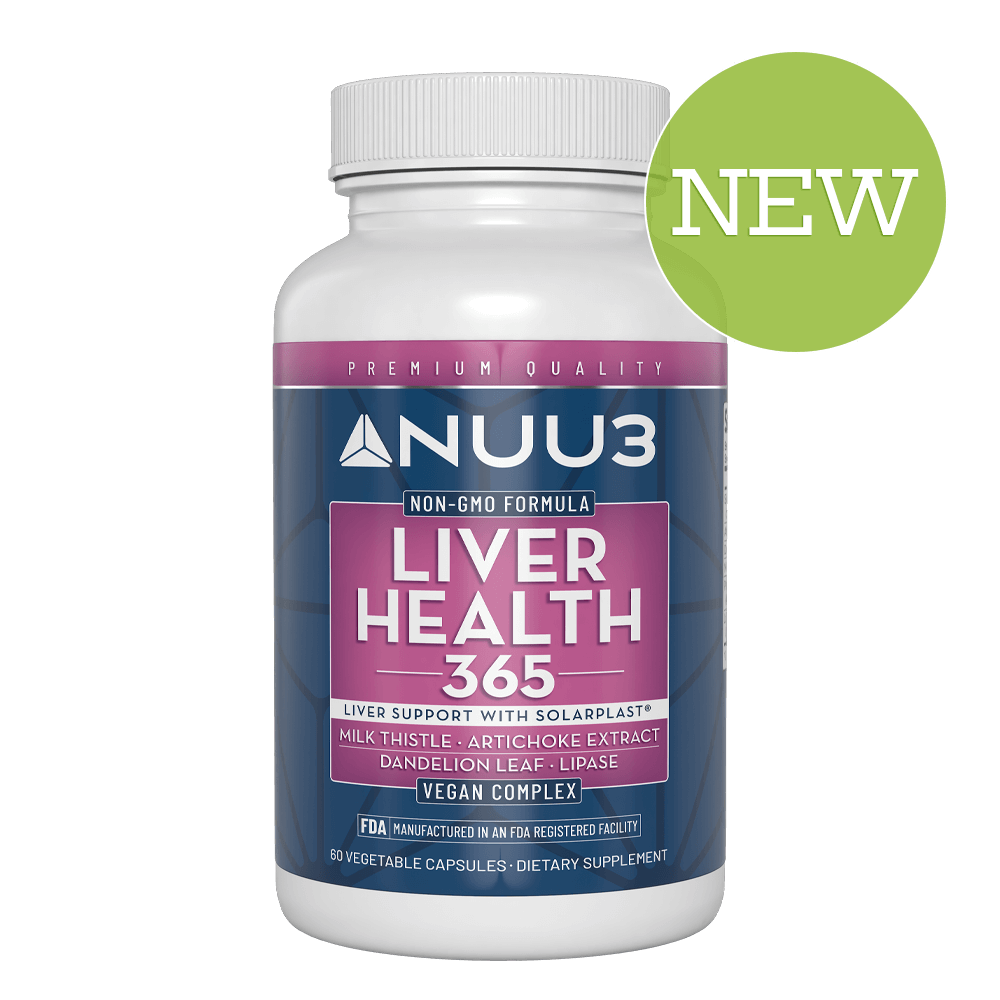Top Superfoods for Effective Weight Loss

Introduction: Superfoods for Weight Loss
Achieving and maintaining a healthy weight can be a challenging journey, requiring a combination of balanced eating, regular exercise, and lifestyle changes. While no single food can magically melt away pounds, incorporating nutrient-dense superfoods into your diet may provide significant support in your weight loss efforts.
Superfoods are packed with essential vitamins, minerals, antioxidants, and other nutrients that not only promote overall health but might also aid in managing hunger, boosting metabolism, and improving digestion. Unlike processed foods which are often calorie-dense but low in nutrients, superfoods may help you feel fuller for longer without adding excess calories.
In this guide, we’ll explore how superfoods can become a powerful ally in your weight loss journey. From fruits and vegetables to seeds and whole grains, discover how these nutritional powerhouses might help you reach your health goals.
What Are Superfoods?
Superfoods are nutrient-rich foods that may provide a higher concentration of vitamins, minerals, antioxidants, and other essential nutrients compared to regular foods. They are often celebrated for their potential to support overall health and reduce the risk of chronic diseases. Examples include berries, leafy greens, seeds, nuts, and certain proteins.
Their Role in Promoting Overall Health and Weight Management
Superfoods might contribute to overall health by boosting immunity, reducing inflammation, and supporting bodily functions like digestion and metabolism. For weight management, they may help by offering low-calorie yet nutrient-dense options that keep you full longer, curb unhealthy cravings, and promote better energy levels. Additionally, superfoods like quinoa, chia seeds, and kale might enhance metabolism and improve digestion, making them valuable additions to a healthy weight loss plan.
How Superfoods Aid in Weight Loss
Superfoods can be a powerful addition to any weight loss journey due to their unique nutritional benefits. Their high nutrient density and low calorie content make them an excellent choice for maintaining a healthy diet while supporting calorie control. Foods like spinach, kale, and berries, which are included in products like NUU3 Supergreens, provide essential vitamins and minerals without adding unnecessary calories.
These superfoods might also support metabolism and fat-burning processes. Ingredients such as green tea and chia seeds can boost metabolic rates and enhance the body’s ability to burn stored fat, aiding in weight management.
Another key benefit of superfoods is their role in reducing cravings and improving satiety. Their high fiber content helps keep you feeling full longer, reducing the temptation to snack on unhealthy foods. By offering sustained energy and appetite control, superfoods like those in NUU3 Supergreens may provide a sustainable and natural way to achieve weight loss goals.
Top Superfoods for Weight Loss
Incorporating superfoods into your diet can be a game-changer for weight loss by providing essential nutrients while supporting metabolism and appetite control. Below are some of the top superfoods to consider:
Fruits
- Berries (e.g., blueberries, raspberries): These fruits are packed with antioxidants that may help combat oxidative stress while being low in calories, making them ideal for weight management.
- Grapefruit: Known for its metabolism-boosting properties, it may support fat burning and improve overall energy utilization.
Vegetables
- Spinach and Kale: These leafy greens are rich in fiber, which may promote satiety and keep calorie intake in check. Their nutrient density supports overall health during weight loss.
- Broccoli: A low-calorie vegetable that supports digestion and may aid in fat-burning due to its high fiber and nutrient content.
Seeds and Nuts
- Chia Seeds: These tiny seeds may help stabilize blood sugar and promote fullness due to their high fiber content, making them a great addition to a weight loss diet.
- Almonds: A good source of healthy fats and protein, almonds might help curb hunger while providing essential nutrients.
Whole Grains
- Quinoa: A complete protein that is also high in fiber, quinoa may support muscle growth and keep you feeling full for longer.
- Oats: Known for their ability to reduce appetite, oats may also aid digestion, making them a popular choice for breakfast.
Proteins
- Greek Yogurt: Rich in protein and probiotics, Greek yogurt may promote gut health and keep you full longer, aiding in weight control.
- Salmon: High in omega-3 fatty acids, salmon might reduce inflammation and improve fat metabolism, contributing to weight loss efforts.
These superfoods are not only nutritious but also versatile, making them easy to incorporate into meals and snacks for sustainable weight management.
You May Also Like to Read: Fast Metabolism Diet: Fuel Your Weight Loss Journey!
Benefits of Including Superfoods in a Weight Loss Plan
Superfoods are powerful additions to a weight loss regimen, offering a variety of benefits that extend beyond just shedding pounds. Their high nutrient density and low calorie content make them ideal for improving overall health while supporting weight management. Below are the key advantages of including superfoods in your weight loss journey:
1. Nutritional Benefits Beyond Weight Loss
Superfoods are rich in essential vitamins, minerals, antioxidants, and fiber, ensuring that your body gets the nutrients it needs, even on a calorie-restricted diet. For example, quinoa provides protein and fiber, while berries supply antioxidants to combat oxidative stress. These nutrients may promote better digestion, improved immunity, and enhanced skin health, providing comprehensive wellness benefits.
2. Support for Energy Levels and Overall Wellness
Superfoods such as salmon, Greek yogurt, and chia seeds may help sustain energy levels throughout the day by providing proteins, healthy fats, and complex carbohydrates. These nutrients might enhance physical stamina and mental clarity, making it easier to stay active and focused. By maintaining steady energy, superfoods support overall wellness, ensuring that you feel strong and balanced during your weight loss efforts.
3. Potential to Prevent Chronic Diseases Associated with Obesity
The high antioxidant and anti-inflammatory properties of superfoods like green tea, spinach, and almonds may help reduce inflammation and combat free radicals, lowering the risk of chronic conditions linked to obesity, such as heart disease, diabetes, and metabolic syndrome. Their ability to stabilize blood sugar levels and improve lipid profiles might further contribute to long-term health and disease prevention.
By incorporating superfoods into your weight loss plan, you not only work toward achieving a healthier weight but also gain lasting benefits for energy, overall wellness, and the prevention of obesity-related health issues.
Products like NUU3 ACV Gummies, which combine the power of apple cider vinegar with other nutrient-rich ingredients, might make it easier to include superfoods in your routine. These gummies may support digestion, boost metabolism, and help curb cravings, making them a convenient addition to a balanced weight loss strategy.
How to Incorporate Superfoods into Your Diet
Including superfoods in your diet doesn’t have to be complicated. These nutrient-rich foods can be seamlessly added to meals and snacks, enhancing both their flavor and health benefits. Here’s how you can start incorporating superfoods into your daily routine:
1. Start Your Day with Superfoods
Add superfoods like oats, chia seeds, or berries to your breakfast. A smoothie with spinach, Greek yogurt, and a handful of blueberries might provide a nutrient-packed start to your day.
2. Use Superfoods as Snacks
Replace unhealthy snacks with nutrient-dense options such as almonds, walnuts, or a handful of mixed seeds. These snacks might help you stay full longer while providing essential nutrients.
3. Incorporate Superfoods into Main Meals
Enhance your meals by including superfoods like quinoa, kale, or salmon. For instance, you might replace rice with quinoa or add spinach to pasta dishes for extra fiber and nutrients.
4. Experiment with Superfood Recipes
Try recipes that focus on superfoods, such as chia seed pudding, green tea-infused dishes, or roasted broccoli with olive oil.
5. Blend Superfoods into Beverages
Prepare green tea, matcha lattes, or smoothies with superfoods like spirulina, flaxseeds, or Greek yogurt for a nutritious drink.
6. Replace Unhealthy Ingredients with Superfoods
Use avocado as a butter substitute, Greek yogurt instead of sour cream, or cacao powder in place of sugar-laden chocolate in desserts.
By strategically adding superfoods to your diet, you can enjoy their health benefits while creating flavorful, nutrient-packed meals that support weight loss and overall wellness. Products like NUU3 Nature’s Superfuel, which combines a variety of superfoods into a convenient and easy-to-use supplement, might make it even simpler to boost your nutrition. This product may enhance energy, support metabolism, and provide essential nutrients, helping you maintain a balanced and health-focused lifestyle.
Precautions When Using Superfoods for Weight Loss
While superfoods can be a valuable addition to your diet, it’s essential to approach them with caution to ensure safe and effective results. Incorporating superfoods into your Mindful Weight Loss journey requires attention to portion sizes, overall diet balance, and personal health conditions.
1. Practice Portion Control
Even nutrient-dense superfoods can contribute to weight gain if consumed in excess. Foods like nuts, seeds, and avocado, while healthy, are calorie-dense and should be consumed mindfully to avoid overeating.
2. Avoid Relying Solely on Superfoods
Superfoods are not magic solutions for weight loss. They work best as part of a well-rounded, nutrient-rich diet combined with regular exercise. Relying on them too much might lead to nutritional imbalances if other food groups are neglected.
3. Consider Food Allergies and Sensitivities
Some superfoods, such as nuts, seeds, or certain berries, may trigger allergies or digestive discomfort. Always introduce new superfoods gradually to observe how your body reacts.
4. Consult a Healthcare Professional
If you have pre-existing conditions or are on medications, consult a healthcare provider before adding specific superfoods or supplements to your diet. This ensures that they won’t interfere with your health or medications.
By taking these precautions, you can enjoy the benefits of superfoods while aligning them with your Mindful Weight Loss goals for a safe and sustainable approach.
Common Myths About Superfoods and Weight Loss
Superfoods are often hailed as miracle solutions for weight loss, but several misconceptions surround their role in shedding pounds. Here are some common myths and the truths behind them:
1. Myth: Superfoods Alone Can Cause Weight Loss
Truth: While superfoods are nutrient-dense and may support weight loss, they cannot replace the need for a balanced diet and regular exercise. Relying solely on superfoods without lifestyle changes might not lead to significant results.
2. Myth: All Superfoods Are Low in Calories
Truth: While many superfoods like spinach and berries are low in calories, others, such as nuts, seeds, and avocados, are calorie-dense. Consuming these in large quantities might hinder weight loss rather than promote it.
3. Myth: More Superfoods Equal Faster Weight Loss
Truth: Overloading on superfoods does not speed up the weight loss process. Portion control and moderation are key to reaping their benefits without consuming excessive calories.
4. Myth: Superfoods Replace the Need for Other Foods
Truth: Superfoods complement a healthy diet but do not provide all the nutrients your body needs. A diverse diet that includes proteins, carbohydrates, and fats is essential for overall wellness.
5. Myth: Superfoods Work the Same for Everyone
Truth: The effects of superfoods can vary based on individual metabolism, health conditions, and lifestyle. What works for one person might not yield the same results for another.
Understanding these myths ensures a more realistic approach to using superfoods as part of a sustainable weight loss plan. By combining them with a balanced diet and healthy habits, you can achieve better, longer-lasting results.
Frequently Asked Questions
1. What are the best superfoods for weight loss?
Superfoods like berries, spinach, kale, quinoa, chia seeds, almonds, green tea, and salmon are among the best for weight loss. They may support metabolism, improve satiety, and provide essential nutrients without adding excess calories.
2. How quickly can superfoods impact weight loss?
The impact of superfoods on weight loss may vary depending on diet, exercise, and metabolism. While they might help you feel fuller and improve energy levels immediately, noticeable weight loss results may take several weeks with consistent use.
3. Can superfoods be used as meal replacements?
Superfoods can be a component of meal replacements, such as smoothies or protein bowls, but they might not provide all the necessary nutrients alone. Combining them with balanced ingredients is key for a complete meal.
4. Are superfoods safe for everyone?
Most superfoods are safe, but individuals with allergies, sensitivities, or medical conditions should consult a healthcare provider before use. Some superfoods, like nuts or certain seeds, might trigger allergic reactions in sensitive individuals.
5. Can superfoods help with long-term weight management?
Yes, superfoods can support long-term weight management by promoting satiety, boosting metabolism, and providing sustained energy. However, their effectiveness depends on overall diet and lifestyle factors.
Conclusion
Superfoods can be a valuable addition to any weight loss plan, offering nutrient-dense options that may support metabolism, enhance satiety, and improve overall health. While they are not a magic solution for weight loss, their benefits extend beyond shedding pounds, contributing to better energy levels, digestion, and long-term wellness.
Incorporating superfoods like berries, leafy greens, quinoa, and salmon into your diet might help you create a sustainable and balanced approach to weight management. However, combining them with a healthy lifestyle, regular exercise, and mindful eating practices is essential for achieving lasting results.











